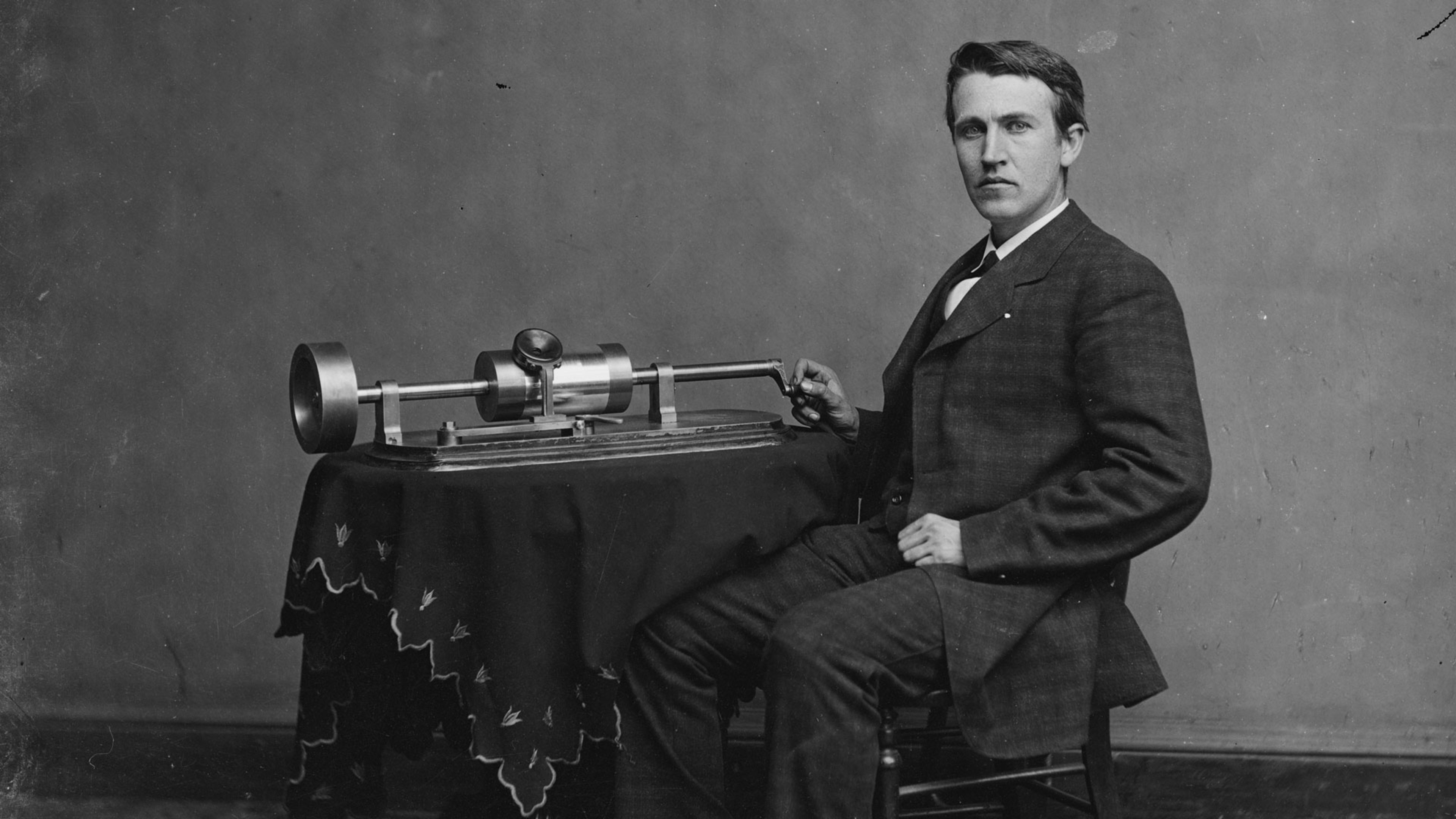I live in Austin, Texas, where there are plenty of startups, each claiming to be more innovative than the last. It’s a good marketing approach: When companies innovate, they have the opportunity to transform markets and poach customers from competitors. So why not broadcast that message far and wide?
Of course, what these companies are really talking about is creativity. Successful companies must have people within them who have interesting new ideas to develop and bring to market.
Logically, you might conclude that truly innovative companies need to be stocked with highly creative people. But that’s just not the case. Most of the work involved in bringing an innovation to market is actually pretty routine. (Remember that famous Thomas Edison quote, “Genius is 1% inspiration and 99% perspiration”? Turns out he was onto something.)
Even at the most innovative companies, most people need to be skilled at getting things done in a more-or-less routine way most of the time.
One of the Big Five personality characteristics is conscientiousness, which reflects how much people are motivated to complete the tasks they start and to follow the rules of an organization. In general, companies function most effectively when they have a lot of conscientious people. However, there is a tendency for people who are highly creative to be moderate in conscientiousness. They may finish what they start, but they are not strongly bound by the rules of how things have been done in the past.
Research on the availability heuristic demonstrates that we judge how frequent and how important something is by how easily it comes to mind. This mental strategy works well when you encounter items roughly with the frequency that they actually appear in the world. But in this case, it can be a little misleading.
This is because, when it comes to getting press, business as usual is not newsworthy. Another solid quarter of earnings from a company that has—once again—run its business model smoothly does not need to be reported. But a novel product, process, or technology grabs headlines. As a result, you encounter many stories about successful (or even unsuccessful) innovations a lot. By availability, then, you can be forgiven for thinking that creativity is a really important skill for people who want to have a successful career.
It isn’t.
If you are able to get your job done by learning procedures that have been laid out by others and executing them well, then there may not be any need to strike out on your own and to do things differently.
Instead, focus your efforts on perfecting your skills and doing your job as well as you can. You may discover that your greatest contribution to your company is to be a steady and reliable contributor who makes things happen.
A lack of creativity need not keep you from taking on leadership roles, either. Sometimes successful leadership requires navigating new situations. But many times, companies just need a steady hand to guide continued growth.
Ultimately, you should pay attention to who really makes things happen within your industry. It may turn out that you have placed more value on creativity than it deserves.
Recognize your brand’s excellence by applying to this year’s Brands That Matter Awards before the early-rate deadline, May 3.
